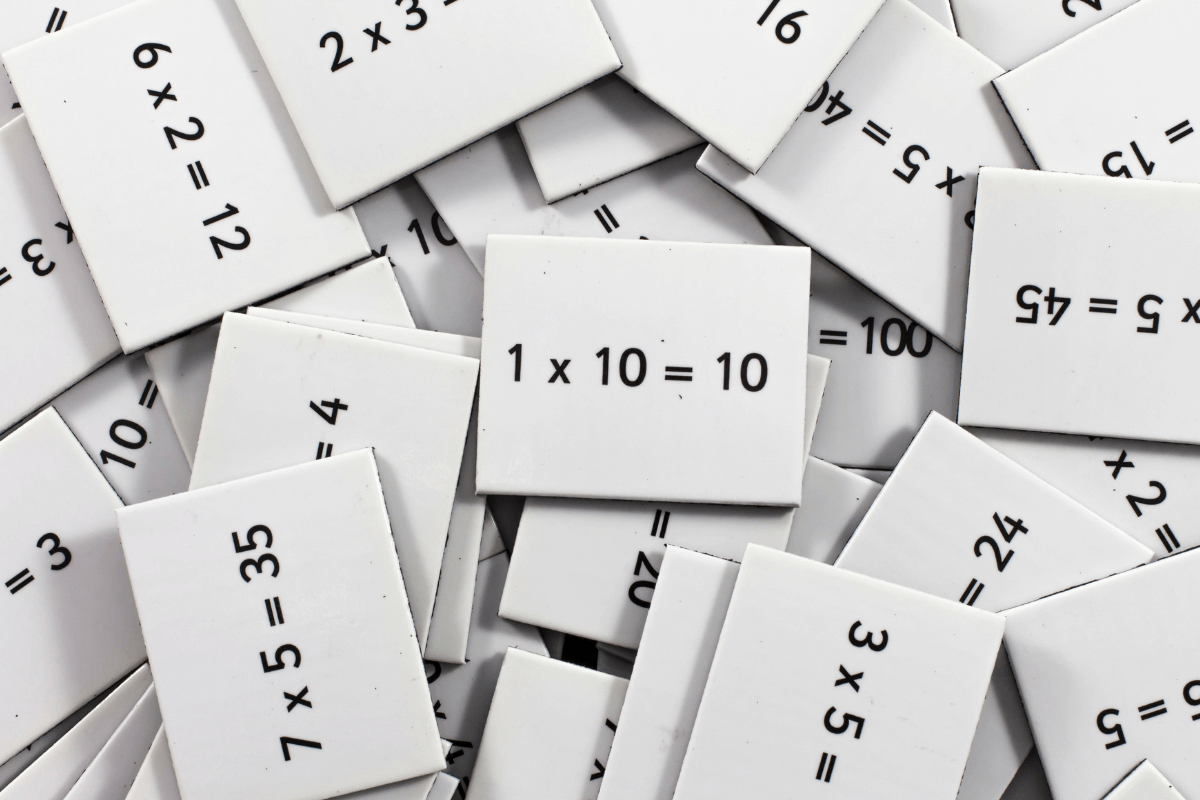Algebra can be a scary subject for some students, but it doesn’t have to be. With a little help and encouragement from an algebra tutor, students can learn to love algebra and all of the opportunities it provides for problem-solving and critical thinking. In this post, we’ll explore some of the reasons why algebra is […]




